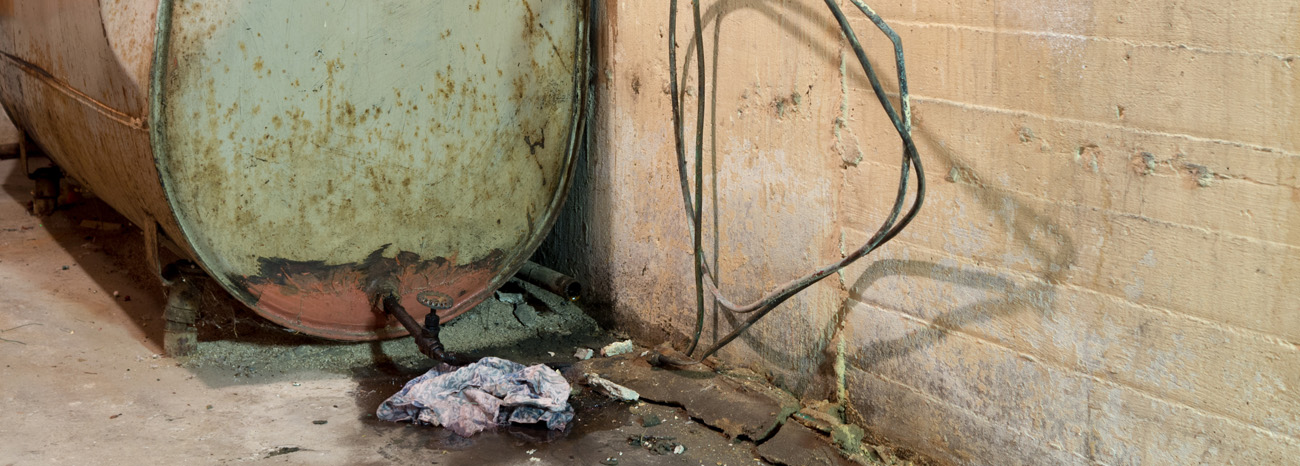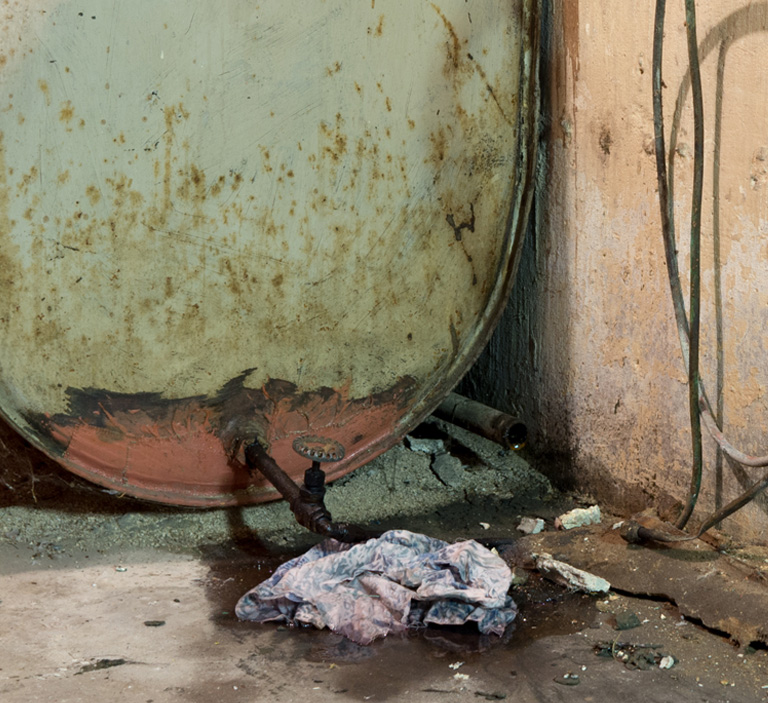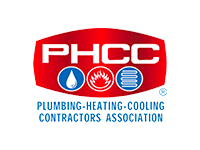

How to Respond to a Heating Oil Spill in Your Basement
Just the thought of an oil spill happening in your basement is a nightmare. If this does happen to you, here is what you need to know.
Whether it’s a minor leak or a significant spill, heating oil can pose hazards to your health, your home, and the environment. Knowing the steps to take to respond swiftly and appropriately can prevent or lessen the potential dangers and damages.
Immediate Steps to Take Following a Spill
- Safety First: Before you do anything else, ensure that your home is safe. If the spill is significant, evacuate everyone – including pets – from the house.
- Ventilation: Open windows and doors to allow fumes to escape and provide good airflow throughout the affected area.
- Shut Off the Source: If the leak is ongoing and you can safely access the valve or shut-off mechanism, turn it off to prevent further spillage.
- Avoid Flames and Sparks: Do not light cigarettes, candles, or operate any electrical switches/appliances. Vapors from the oil are flammable and can ignite.
- Absorb the Spill: If the spill is minor, you can use absorbent materials like cat litter, sand, or commercial oil absorbents to contain it. Spread the material over the spill and let it soak up the oil.
Cleaning and Safety Recommendations
- Contact Professionals: If it is a large spill, it’s essential to contact a professional cleaning service that specializes in oil spills.
- Notify Insurance: Contact your homeowner’s insurance company to report the spill. Depending on your policy, some clean-up costs may be covered.
- Protect Drains and Sumps: Prevent the oil from entering any drains, sumps, or crawl spaces. This can lead to further contamination and complicate cleanup.
- Remove the Soaked Absorbents from the Area: Once the absorbent materials (e.g., cat litter) have soaked up the oil, collect them using a shovel and place them in heavy-duty plastic bags.
- Clean the Affected Surfaces: Clean the affected surfaces using a commercial degreaser or detergent specifically designed for oil clean-up. For your protection, it’s essential to wear protective gloves and make sure the area remains well-ventilated.
- Monitor for Fumes: Even after cleaning up the spill, oil fumes can linger. Continue proper ventilation and consider using fans or air purifiers to help clear the air.
When to Call a Professional
- Large Spills: If the volume of the spill is more than you can manage with household absorbents, call professionals immediately.
- Inaccessible Oil: If oil has seeped into cracks, drains, or hard-to-reach areas, you’ll need expert assistance.
- Persistent Fumes: If after a thorough cleaning fumes continue to persist, it might be a sign of trapped oil and that will need professional attention.
Home Oil Spills Are Serious But Manageable
An oil spill in the basement of your home, while distressing, can be managed effectively providing you act quickly and follow these recommendations. Ensuring safety, mitigating the spill’s spread, and seeking professional help when needed can protect your home and health. Regularly inspecting your heating oil system and scheduling regular maintenance can also help prevent future incidents.
Have Questions?
Contact us and we will be happy to answer any questions. Call 215.799.2019 or click the button below.
Promotions Sign Up
Sign up below if you would like to receive occasional promotional offers and tips.






